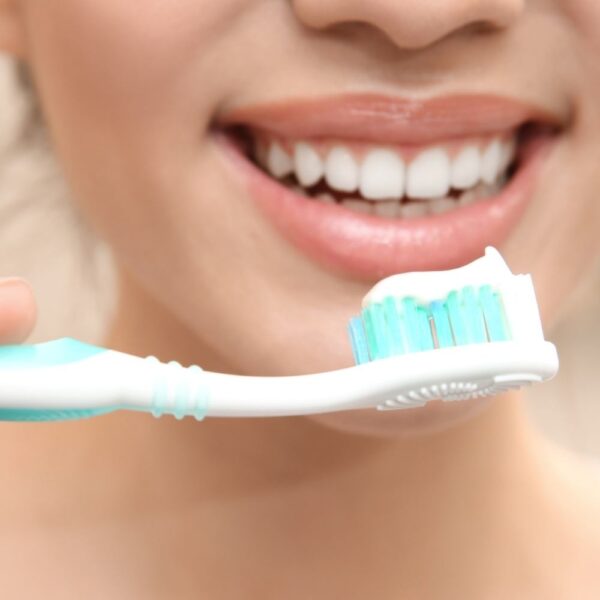Compelling reasons to take vitamin D everyday
- Boosts Immunity
- Reduces Fatigue
- Fights Infections
- Offers Adrenal Support
- Reduces Inflammation
- Reduces/Eliminates Allergy Response
- Increases Energy
… and more!
November is Vitamin D Awareness Month, and Nov 2nd is World Vitamin D Day! The goal with these awareness campaigns is to educate people on the importance of vitamin D for health and to prevent vitamin D deficiency – which is especially important now with research showing the connection between vitamin D deficiency and increased risk of COVID-19 infection and severity.
Make sure your vitamin D level is good. Take vitamin D everyday. Scientists recommend a level between 40-60 ng/ml (100-150 nmol/L) or more. I recommend a blood test at a pathology lab, and then if it’s low take 1 x Vitamin D3 Premiumdaily – test again in 3-6 months and get it up to the optimum level.
The first Randomized Controlled Trial on vitamin D3 and COVID-19 has shown a 96% lower risk of ICU admission for those receiving vitamin D (as 25(OH)D to quickly boost vitamin D blood levels) along with the standard treatment, compared to those receiving standard treatment alone. These results support many previous observational studies showing a relationship between vitamin D levels and intake and COVID-19 severity.
Disclaimer
You can simply click on the name of each product mentioned above (in bold) and a hyperlink will take you directly to the product for an easy purchase.
Originally published on https://www.facebook.com/SallyAnnCreedSA/ in 2020.







